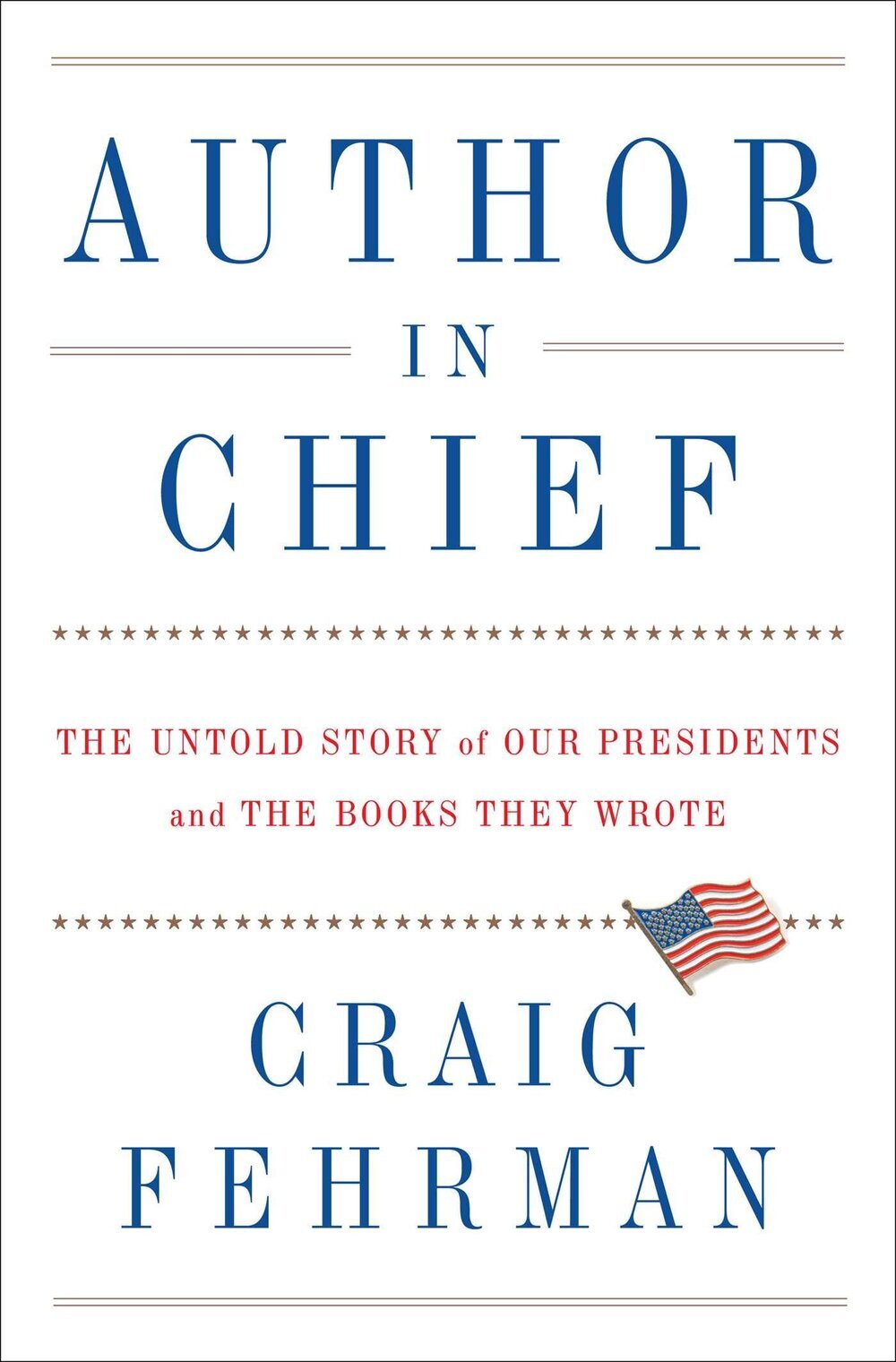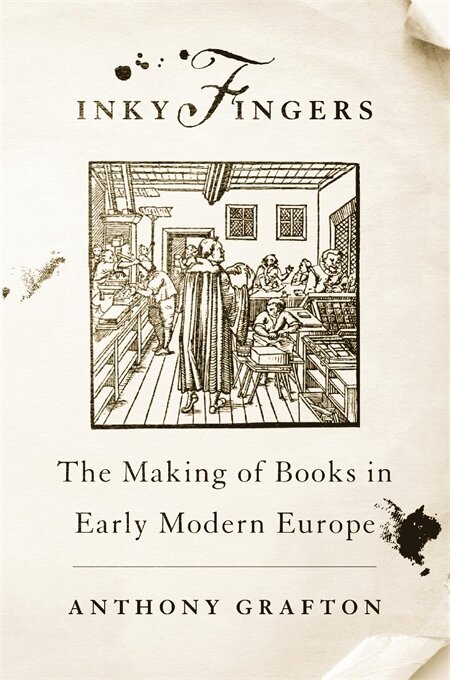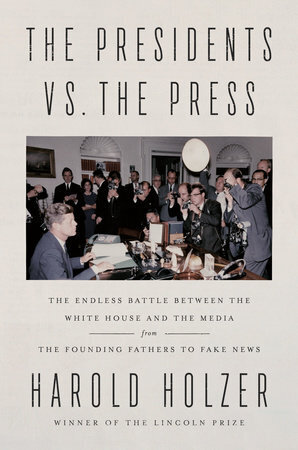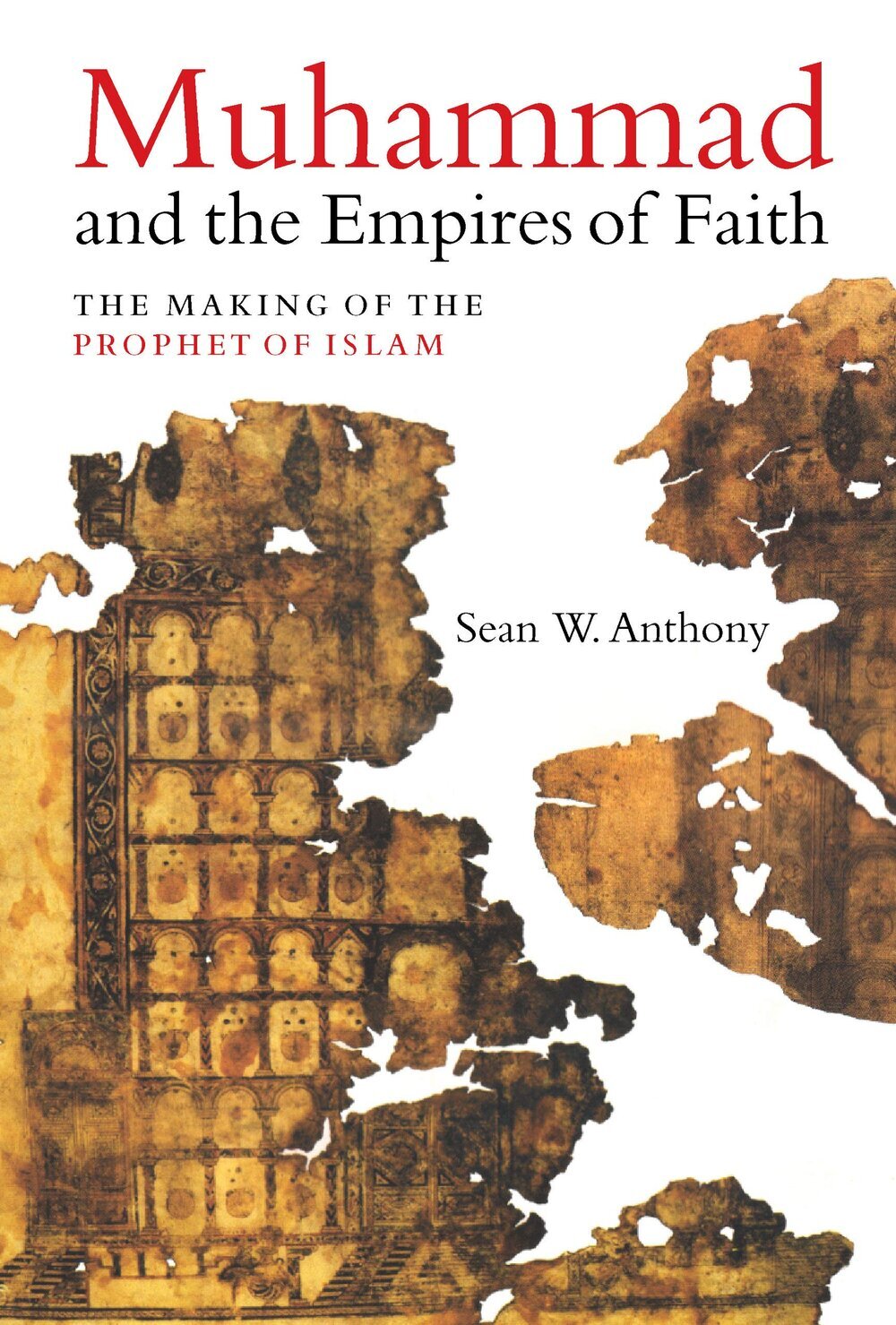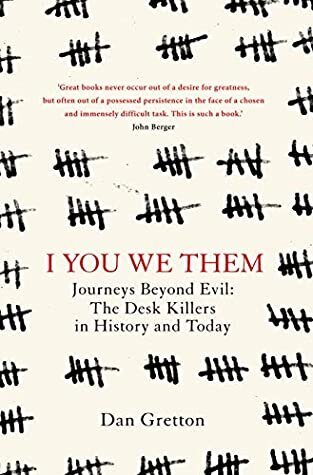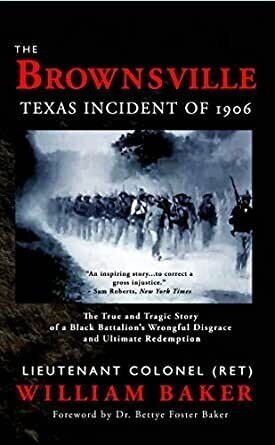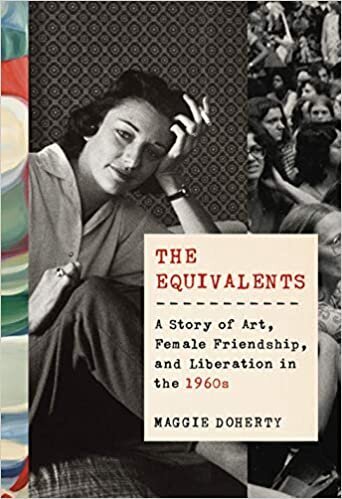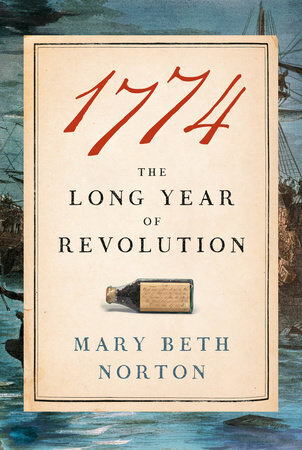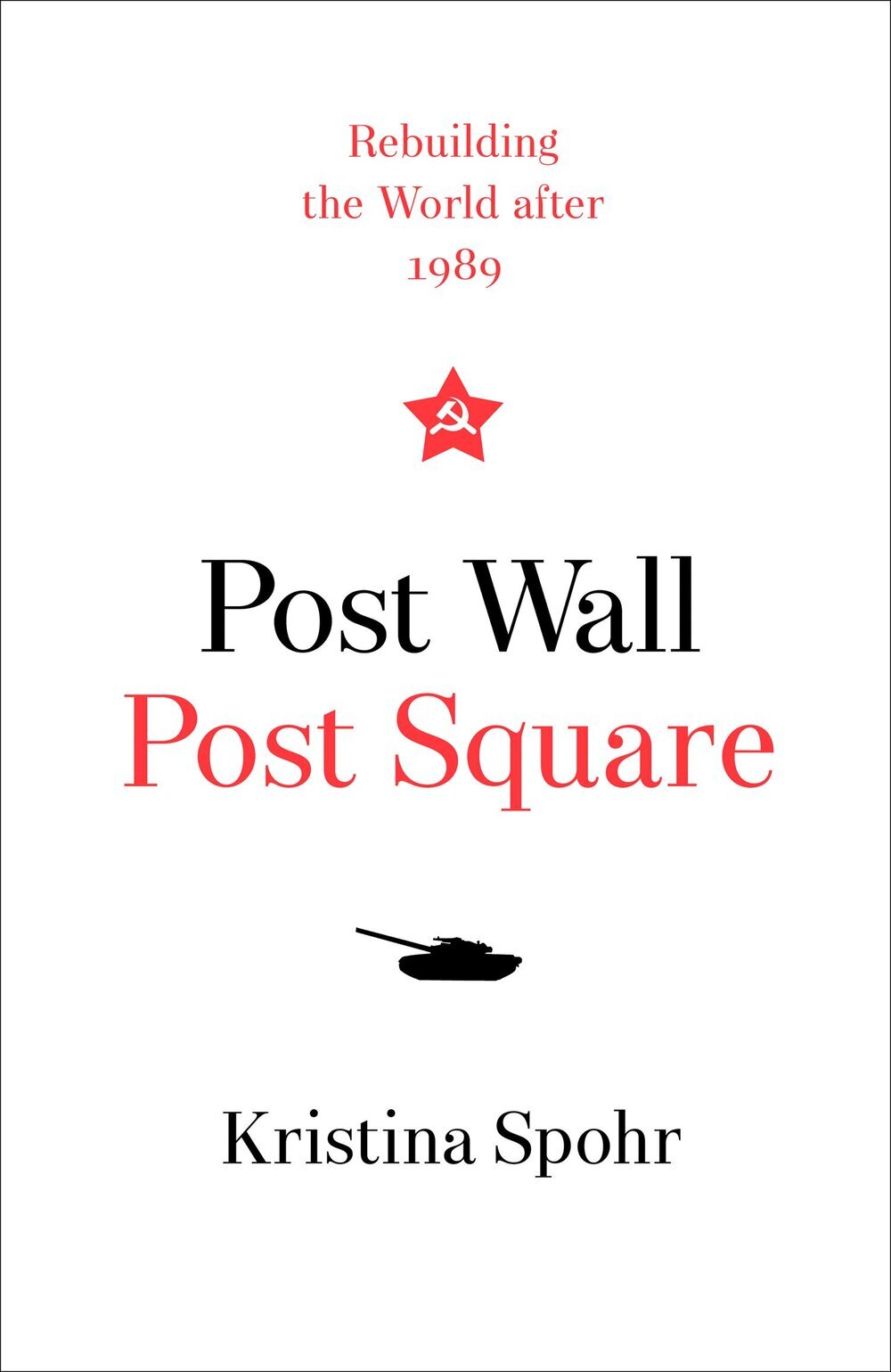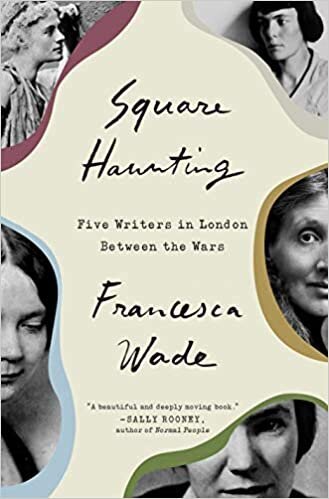The Best Books of 2020: History!
/As with so many other categories in the horror-year of 2020, so too with this one: how to look at the category of ‘history’ the same way as we all did in the past, when we’re all coming to the end of living through what it so obviously a year that will feature in every history book that will ever be written from this point out? The genre will likely be saturated with 2020 in 2021, but for now, anyway, we can look back on a pre-COVID publishing landscape that was filled with a variety of titles. These were the best of them:
10 Author in Chief by Craig Fehrman (Simon & Schuster)
Our list kicks off with a pure delight, Craig Fehrman’s sparkling study - as kind as it can be, but shrewd and knowing - of all the various books and other things written by the Presidents of the United States. It’s always struck me as odd that book-writing is entwined with the presidency, but until I read this wonderful book, I had no idea how odd that combination is.
9 Inky Fingers by Anthony Grafton (Harvard University Press)
The hard and messy work of scholarship in the ages before the Internet is the unlikely subject of this latest book by the great Anthony Grafton, and thanks to his own hard work and insights, he makes it a winning inquiry into the nature of pre-modern publishing.
8 Presidents vs the Press by Harold Holzer (Dutton)
One of the world’s best writers on Abraham Lincoln, author of a stimulating book on Lincoln’s contentious relationship with the country’s free press, here broadens that inquiry to look at how all Presidents have dealt with the press, and the resulting book is unexpectedly gripping reading throughout.
7 Muhammad and the Empires of Faith by Sean W. Anthony (Harvard University Press)
In this terrific book, Sean Anthony digs into the deepest roots of the documentary evidence for Muhammad and the birth of Islam, throwing light on lesser-known sources and drawing eloquent connections repeatedly in the book.
6 I You We Them, Vol. 1 by Dan Gretton (Farrar, Straus and Giroux)
Dan Gretton’s sweeping, comprehensive book is a complacency-shattering look at what the author calls “desk killers,” the often anonymous paper-bureaucrats who always keep the machinery of mass murder working smoothly. It’s by turns a surprisingly personal book, but that only adds to its power.
5 The Brownsville Texas Incident of 1906 by William Baker (Red Engine Press)
The late Lieutenant Colonel (retired) William Baker takes up the task of examining all the primary sources for an infamous 1906 incident in which a black battalion’s summary dishonoring by President Theodore Roosevelt, and methodically, irresistibly he rights the record in a volume that will itself now become a part of the story.
4 The Equivalents by Maggie Doherty (Knopf)
The story of this fantastic book - the founding of a Radcliffe fellowship program for women in 1960 and five of its inaugural participants (Anne Sexton, Maxine Kumin, the painter Barbara Swan, sculptor Mariana Pineda, and Tillie Olsen) - is turned into pure narrative gold by Maggie Doherty’s writing skills.
3 1774 by Mary Beth Norton (Knopf)
The sixteen months covered in Mary Beth Norton’s wonderful book were crucial for the American Revolution, the long window during which heterogeneous resistance coagulated into organized rebellion. It’s a deceptively huge and slippery subject, and this author fills it with understated narrative grace and a gallery of incredible characters.
2 Post Wall Post Square by Kristina Spohr (Yale University Press)
Readers of a certain vintage will vividly recall the pivotal year of Kristina Spohr’s important book: 1989, when the settled orders of the world, East and West, seemed to shiver and crack along their foundations all at once and - as Spohr stresses - without an inciting international war or revolution. Spohr brings to this subject first-rate political and historical analysis.
1 Square Hunting by Francesca Wade (Tim Duggan Books)
London’s Mecklenburgh Square forms the odd center of gravity for this, the best history book of 2020. Looking at the square’s shabby-chic surroundings, Francesca Wade traces five writers - the poet H.D., the classicist Jane Harrison, the historian Eileen Power, and the great authors Dorothy Sayers and Virginia Woolf - who at one point or another called the area home. And in the process, Wade gives readers a hugely enjoyable and thought-provoking look at a vanished literary era.

